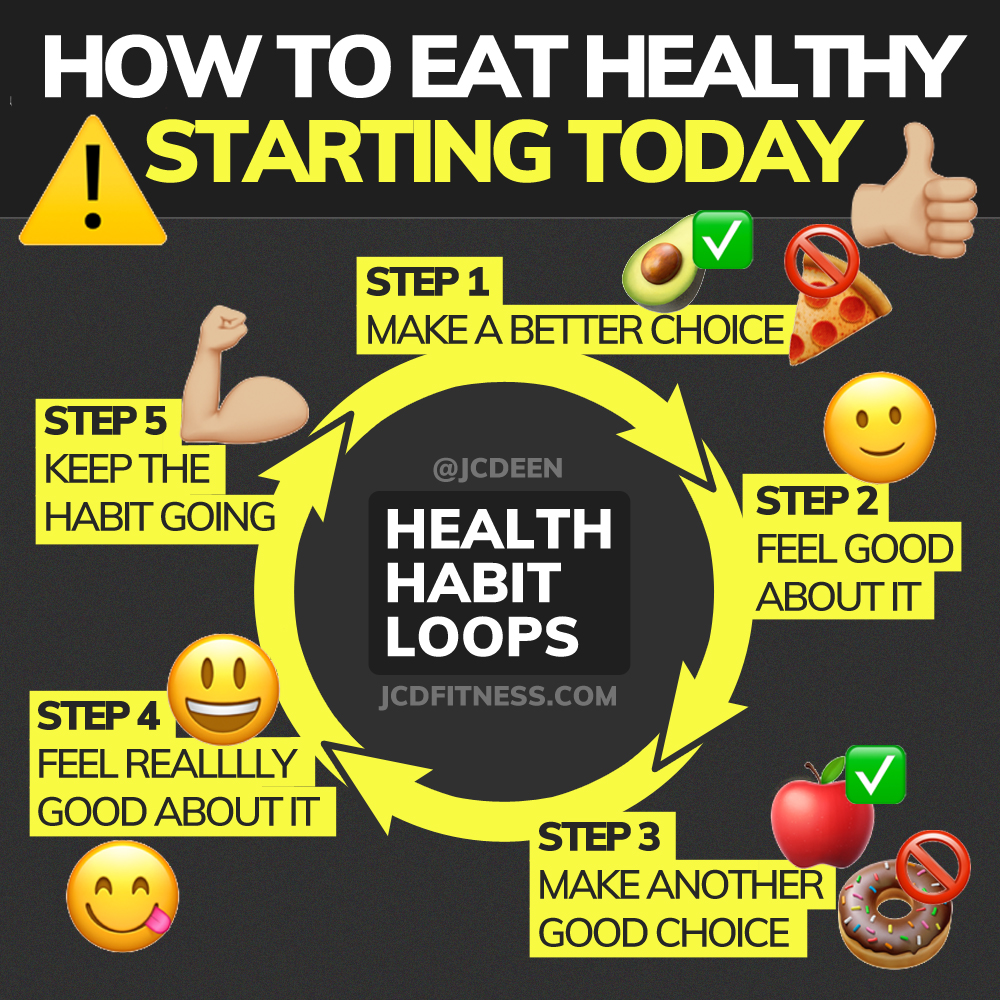
Even though weight loss after the age of 70 is not always harmful, excessive weight can pose a danger. If you're overweight, you should take steps to reduce it. This article will explain the best foods to lose weight and the calories required for that diet. It also explains how to calculate your ideal BMI.
Foods to Eat
A 70-year old woman should consume 1,600 calories per day. A diet rich in protein should be provided for her, including meat, poultry, fish and beans. 10% to 15% of daily calories should come from protein-rich food. Lean meats can be a good source. One serving is about as big as a deck, with 21 grams of proteins.

Calorie requirements
The recommended daily caloric intake for a 70-yearold female is between 1,600 and 2,005 calories. Your daily protein intake should not exceed 10 to 35% of your total daily calories. Protein is available in a variety of sources, including lean meats and poultry, as well beans and dairy products. One serving of lean protein contains approximately 21 grams.
Signs of unplanned weight loss
You should be aware of these things when you are trying to lose weight after your seventies. While weight gain can be caused by unhealthy diets and lifestyles, it is still possible to shed some excess pounds. Weight loss at this time can help reduce your risk of developing orthopaedic problems and improve your longevity.
Optimal body mass index
As a woman gets older, it's important to keep in mind that her ideal BMI will change depending on her height and health conditions. The ideal weight range of seniors is between 25-27, although it will vary from person to person. A 70-year-old woman's ideal weight may be different than that of a 30-yearold.
Sleep deprivation
Sleep is essential for the health and well-being of the body. According to the National Sleep Foundation, a healthy adult should get seven to nine hours of sleep a night. The reality is that only a third of people get more than that. This can have negative consequences on their risk of developing chronic disease, concentration problems, and cognitive functions.

Muscle wasting
Your muscle mass decreases as you age. This natural process is called sarcopenia. Your skeletal muscle mass could drop half by the age of 70. In order to combat this, it is important to eat more protein. Even if vegetarians aren't a priority, they can still consume foods such as eggs, quinoa, nuts, and seeds.
FAQ
How long should I fast intermittently to lose weight
The answer isn't as easy as it seems. It is important to take into account a number of factors when deciding the optimal days for fat loss. These are:
-
Your age. Intermittent fasting can be difficult for young people (under 40). This is because they have less time to recover after each fast. You may not have enough energy for a sustained period of daily fasting if you are older (over 60).
-
Your current body composition. Longer periods of fasting are more beneficial if you have a lot muscle mass. However, if you have little muscle mass, then shorter periods of fasting may be better suited for you.
-
How active you are. Regular exercise may mean that your fasting window needs to be extended to allow you to get sufficient rest between sessions.
-
Your past health history. Additional fasting monitoring may be required for certain medical conditions such as diabetes or heart disease.
-
How do you handle stress? Stressful situations can make us eat more. You may need to extend your fasting times in order to avoid this problem.
-
Which type of diet you choose. Certain diets, like ketogenic diets, may require even longer fasting periods.
-
Your quality of sleep. Lack of sleep has also been linked to increased appetite and decreased metabolism. It might take some time to find what works best for your needs.
-
The amount you eat of protein. Consuming more protein helps to stabilize blood sugar levels. This could lead to lower insulin levels. This would allow for you to fast more often.
-
It doesn't matter if you want to gain or lose fat, those who are trying for weight gain will often require longer fasting periods.
-
What proportion of calories do your fasting hours allow you to consume? Fasting fewer calories per day may result in greater fat loss than fasting for more calories per day.
-
Your overall fitness. Faster people are more likely to be fit, and burn more calories during the day.
-
Your gender. Men typically have larger appetites than women, so they may need to fast for slightly longer periods of time. Women have smaller appetites than men, so they may need to fast just 20-30 minutes each day.
-
Your lifestyle. Are you someone who gets plenty of physical activity? Do you exercise multiple times a week or do you just go to the gym? Do you have a job that requires you to sit at a desk all the time? All of these things can affect the amount of time you should fast.
-
How much money do your spend on food every day? Healthy eating doesn't mean you have to spend a lot on groceries. It's possible to save money by purchasing whole grains rather than white bread, fruit instead of candy bars, lean meats instead fatty cuts, and fruits instead of candy.
-
You need to be able to control your hunger. You might not have to fast as much if your hunger isn't a problem.
What can I eat in the morning while intermittently fasting
Get water in the morning. It will help you feel fuller, faster, and it will give you energy throughout your day. For more flavor, add lemon juice and cucumber slices.
How often do people fast every day?
Most people who adhere to a ketogenic lifestyle fast only once per week. However, there are some who fast twice per week. Others fast three times a week.
Each fast has a different length. Some fast for 24 hours while others fast for 48.
Some people may even stay awake for 72 hours. However, these extreme cases are rare.
Is it possible to eat fruits while intermittent fasting?
The health benefits of fruits are numerous. They are rich sources of vitamins, minerals. Fiber, antioxidants, as well other nutrients. However, they do contain sugar which can cause blood glucose levels spike. This can cause insulin resistance and weight gain. If you are looking to lose weight through an IF diet you need to choose low glycemic-index fruits such as oranges, pears, berries and melons.
What should you eat while intermittent fasting?
Cutting out carbs is the best way to lose weight. This means that you should cut out carbohydrate-based foods like bread, pasta and rice.
It is important to eat less protein, as it will keep you fuller longer. You won't feel as hungry.
Focus instead on healthy fats such as avocado, olive oil, nuts, seeds, and peanut butter. These foods help keep you satisfied for hours after eating them.
You should ensure you drink plenty of water. Water helps you stay hydrated, which makes it easier to burn fat.
You may find that you actually crave these foods when you fast. You don't have to cave to your cravings. If you do this, you might gain more weight that you have lost.
Keep an eye on the amount of food you eat throughout the day to avoid overeating. You can sip water instead of reaching out for another snack when hunger strikes.
Although it might seem counterintuitive, this is actually proven to be a great way to lose weight. A study published online in Obesity revealed that people drank more plain water than they did sugary drinks.
Drinking plain water also reduced hunger. If you want to lose weight, avoid sweetened beverages and drink water.
It doesn't take much to lose weight. Instead, you should make small lifestyle changes.
For example, you can start by swapping your usual breakfast sandwich for a bowl of oatmeal. Consider swapping out your afternoon cookie in favor of a piece if fruit.
These easy swaps can add up and help you lose weight without spending hours in the kitchen.
What is the best activity for busy people?
It is best to exercise at home. You don't need to join any gym. You can perform simple exercises at your home without needing expensive equipment.
You will need a pair, mat, chair, timer, and some dumbbells.
Your most important goal is to keep up your fitness routine. If you miss a few days, then you may lose all motivation.
Start by lifting weights 3x per week. You could do push-ups and pull-ups as well as squats, lunges or push-ups.
Once you are proficient in these movements, you will be able to do other types of exercise, such as running, jumping, skipping and yoga, pilates, dancing, swimming, weight training and tennis.
Remember to pick the program that best suits your lifestyle when choosing an exercise program. If you work long hours, you may want to avoid exercise programs that consume too much energy.
If you're a night owl then it is better to exercise in the evening than in the morning.
Remember to listen to your body and stop when you feel tired.
Statistics
- A 12-week study in 20 women with obesity found that walking for 50–70 minutes 3 times per week reduced body fat and waist circumference by an average of 1.5% and 1.1 inches (2.8 cm), respectively (healthline.com)
- One 6-month study showed that simply doing 11 minutes of strength-based exercises 3 times per week resulted in a 7.4% increase in metabolic rate, on average. (healthline.com)
- Another study found that 24 weeks of weight training led to a 9% increase in metabolic rate among men, which equated to burning approximately 140 more calories per day. (healthline.com)
- One study in 9 active men found that HIIT burned 25–30% more calories per minute than other types of exercises, including weight training, cycling, and running on a treadmill (18Trusted Source (healthline.com)
External Links
How To
How to Intermittent Fasting
Intermittent fasting, a type of dieting that allows you to only eat one time per week, generally Monday through Friday. This diet aims to lower your overall calorie intake, while still ensuring you get enough nutrition. This is believed to help you burn more fat than if your meals were regular throughout the week.
The most common form of IF involves restricting calories only on certain days of the week. This would be a way to skip breakfast and eat whatever you want throughout the day. You could also choose three small meals instead of two large meals per day.
You can choose from many different types of intermittent fasting such as alternate day fasting (alternative day fasting), 5/2 fasts (8/4 fasts), 16/8 fasts, and so on. Each form of intermittent fasting comes with its own pros and cons. Alternate Day Fasting is the easiest to begin because you don’t have to make significant changes in your life. However, some people find it difficult to stick to a strict schedule like this, so they might prefer to try other methods first.
I recommend alternate-day fasting if you're starting an intermittent fasting regimen. This will allow to slowly transition to more extreme fasting regimens without drastically changing your lifestyle.